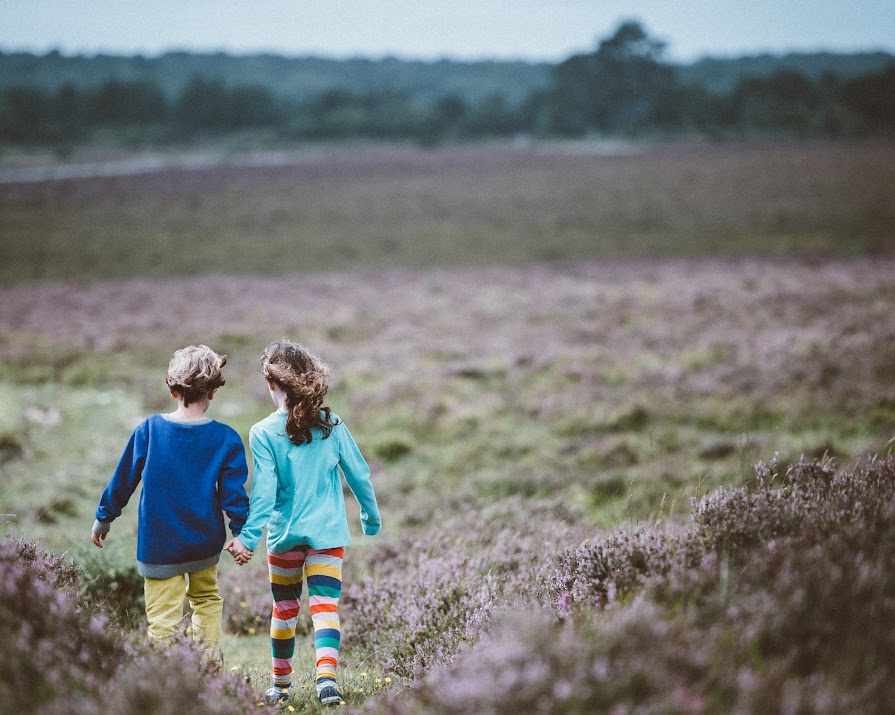
By Erin Lindsay
03rd Apr 2018
03rd Apr 2018
The Minister for Education, Richard Bruton, announced at the start of his round of teacher union conferences that he is planning a major overhaul of the sex education syllabus at both primary and secondary levels. The syllabus will be reformed to include classes on issues such as LGBT rights, contraception, sexual expression, the effect of social media on relationships and, perhaps most importantly, consent.
Consent classes, even at third level, have been the subject of controversy since they were first discussed here in Ireland. The move to introduce classes for incoming first-year students in Trinity college in 2016 was met with widespread debate, with many arguing that the classes were ‘insulting’ to male students.
Others argued that in fact, third level was too late to start teaching students about consent, as many would already be sexually active. Logically, these classes would take place before the young person begins to have sex. However, some parents said that conversations about sex and sexual consent should only happen with young people who are sexually active.
The only topics I remember learning about during sex education in school were period related, including pads, tampons, and what it would be like to get my period in primary school. I wasn’t educated about STIs, contraception or crucially, the emotional side of sex. Consent, relationships and casual sex were never discussed. Instead, my classmates learned about sex from a warped perspective, through porn. Is it any wonder that our own perspective became warped?
Consent is not just about rape and sexual assault; it is about respect for other human beings. Consent covers any type of unwanted touching or attention, which does not have to be sexual. Consent classes teach that consent is about much more than the act of sex.
We begin learning about consent from the time we’re toddlers. We learn to ask permission for the things we want and how to deal with rejection when we are told no. When a little boy or girl shows their affection to another child, we can explain that if your friend doesn’t want a kiss or a hug, then you have to respect that.
As we grow older and see relationships portrayed on TV, the myths about ‘what women want’ are often embellished. Men and women are taught that persistence is romantic, no matter how much the woman might object. Young people may think they are observing what a real and loving relationship looks like.
Women (and indeed, men) will recognise how often consent (or lack thereof) is ignored. On a night out we tell the overly-friendly man at the bar that thank you, but we are not interested. He persists, insisting on buying us a drink, wrapping his arm around our waist, butting in on conversations with our friends, despite our repeated ignoring or direct rejection of his advances. All night long, our lack of consent is ignored.
If we spend more time in school talking about what it means to love yourself, and how that evolves into being confident in telling others your feelings and boundaries, children would be better equipped to deal with these multitude of issues.
Starting small and starting young, teaching children of any gender that their bodies are their own and they have the right for that to be respected, and similarly no right to disrespect another’s body, can only be a positive step towards a more compassionate future.























